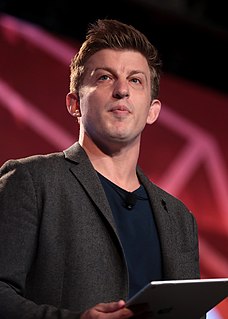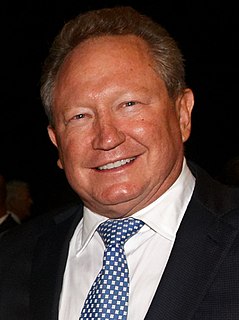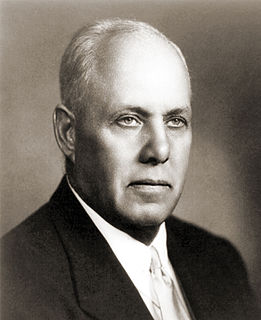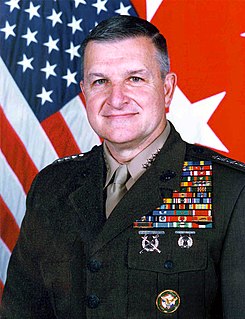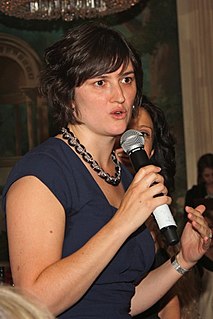A Quote by Tom G. Palmer
Young people today are being robbed. Of their rights. Of their freedom. Of their dignity. Of their futures. The culprits? My generation and our predecessors, who either created or failed to stop the world straddling engine of theft, degradation, manipulation, and social control we call the welfare state.
Related Quotes
For us democracy is a question of human dignity. And human dignity is political freedom, the right to freely express opinion and the right to be allowed to criticise and form opinions. Human dignity is the right to health, work, education and social welfare. Human dignity is the right and the practical possibility to shape the future with others. These rights, the rights of democracy, are not reserved for a select group within society, they are the rights of all the people.
It has been difficult for [young people in the U.S.] to connect the dots between rising tuition costs and other assaults on their dignity with the ongoing assault on public life and its myriad democratic institutions. Today's generation faces an enormous battle in turning back the current assaults on the social state, higher education, and the social good.
General welfare is a general condition - maybe sound currency is general welfare, maybe markets, maybe judicial system, maybe a national defense, but this is specific welfare. This justifies the whole welfare state - the military industrial complex, the welfare to foreigners, the welfare state that imprisons our people and impoverishes our people and gives us our recession.
The social model of the Bolsheviks failed, as will any model that denies individual rights, intellectual freedom, and freedom of competing political parties. Without these freedoms and rights, there is no motivation for people to work. Such a system cannot be sustained, especially in light of the technological revolution of the information era.
Social Security should be phased out and ended altogether. ... Social Security in any form is morally irredeemable. We should be debating, not how to save Social Security, but how to end it - how to phase it out so as to best protect both the rights of those who have paid into it, and those who are forced to pay for it today. This will be a painful task. But it will make possible a world in which Americans enjoy far greater freedom to secure their own futures.
This is the welfare generation, and that is incredibly sad. That will be judged in history as being far worse, I believe, than the stolen generation, because we are literally losing thousands and thousands of our indigenous brothers and sisters to the effects of welfare – drugs, gunja, low morale, alcoholism. I see it everyday and it can stop. The solution is education, training and a guaranteed opportunity.
One cannot have a trade union or a democratic election without freedom of speech, freedom of association and assembly. Without a democratic election, whereby people choose and remove their rulers, there is no method of securing human rights against the state. No democracy without human rights, no human rights without democracy, and no trade union rights without either. That is our belief; that is our creed.
Yet, here we are, long and difficult years into that conflict," ... "we still have not created the state we promised them. On the contrary, our costly and valiant efforts have produced an outcome our government did not predict or intend-a failed state spinning out of control into anarchy and civil war.
Over the last six months, I've seen what these two futures look like. And six months from now, we'll all be living in one, or the other. But only one. A country where our president either has our back or turns his back; a country that honors our foremothers by moving us forward, or one that forces our generation to re-fight the battles they already won; a country where we mean it when we talk about personal freedom, or one where that freedom doesn't apply to our bodies and our voices.
I mean, you know, there's a lot of talk about tolerance in the country today having to do with people on the left. And Indiana steps forward to protect the constitutional rights and privileges of freedom of religion for people of faith and families of faith in our state and this avalanche of intolerance that's been poured on our state is just outrageous.
Reagan's story of freedom superficially alludes to the Founding Fathers, but its substance comes from the Gilded Age, devised by apologists for the robber barons. It is posed abstractly as the freedom of the individual from government control a Jeffersonian ideal at the roots of our Bill of Rights, to be sure. But what it meant in politics a century later, and still means today, is the freedom to accumulate wealth without social or democratic responsibilities and license to buy the political system right out from everyone else.
Indeed we may consider the engine as the material and mechanical representative of analysis, and that our actual working powers in this department of human study will be enabled more effectually than heretofore to keep pace with our theoretical knowledge of its principles and laws, through the complete control which the engine gives us over the executive manipulation of algebraical and numerical symbols.






